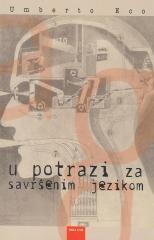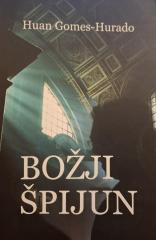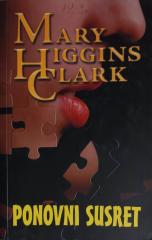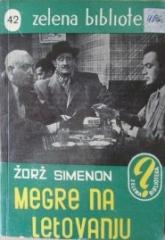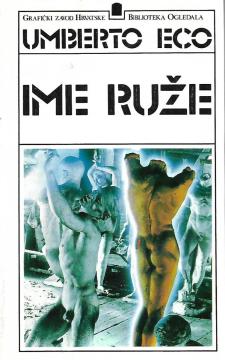
Ime ruže
"Ime ruže", romaneskni prvijenac Umberta Eca izvorno objavljen 1980., eruditski je krimić, ali i briljantna knjiga o srednjovjekovnoj filozofiji, povijesti, teologiji i logici. Prvo hrvatsko izdanje.
Priča je ispričana iz perspektive Adsa iz Melka, mladog redovnika koji prati franjevca Vilima iz Baskervilea, inspiriranog Šerlokom Holmsom, u samostan gdje istražuju niz tajanstvenih smrti. Samostan, središte učenja i kulture, čuva dragocjenu biblioteku, ali i krije mračne tajne. Smrti redovnika povezane su s tajanstvenom knjigom – Aristotelovom raspravom o komediji – koja izaziva sukobe između redovnika, inkvizicije i crkvenih vlasti.
Vilimov racionalni pristup istraživanju sukobljava se s fanatizmom i dogmatskim stavovima, posebno s likom Bernardija Guija, inkvizitora. Kroz složene dijaloge, Eco raspravlja o sukobu između razuma i vjere, slobode misli i autoriteta. Labirintska biblioteka simbolizira potragu za znanjem, ali i opasnosti od njegovog zataškavanja. Roman kulminira tragičnim raspletom, gdje istina dolazi na vidjelo, ali uz veliku cijenu.
Eco majstorski spaja erudiciju, napetu radnju i humor, stvarajući roman koji je istovremeno uzbudljiva misterija i duboka meditacija o ljudskoj potrebi za smislom.
Nema primjeraka u ponudi
Poslednji primjerak je nedavno prodan.
